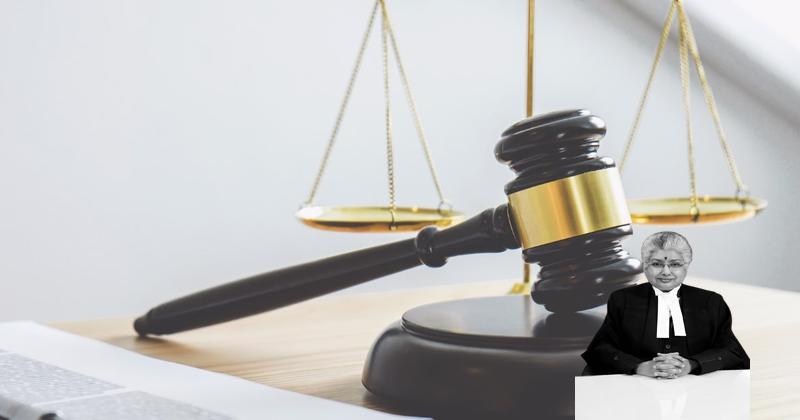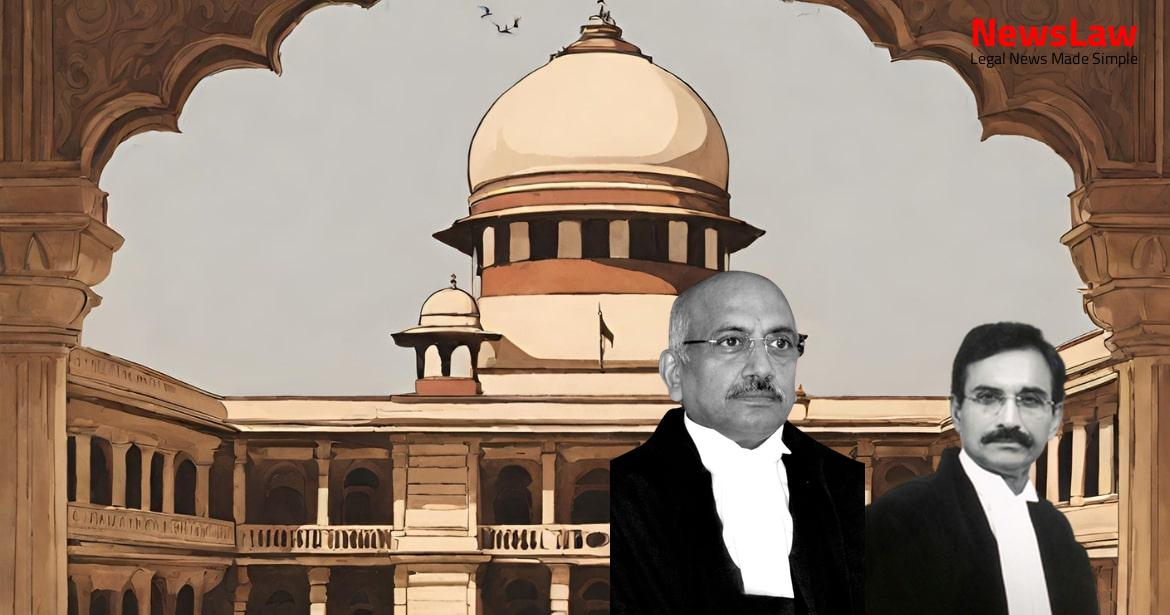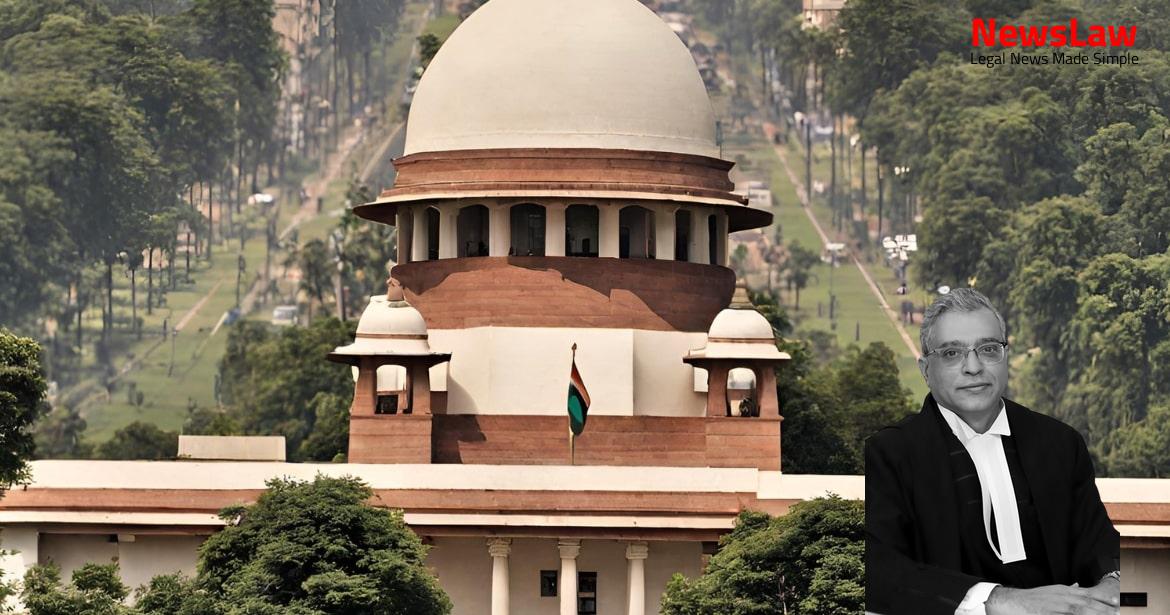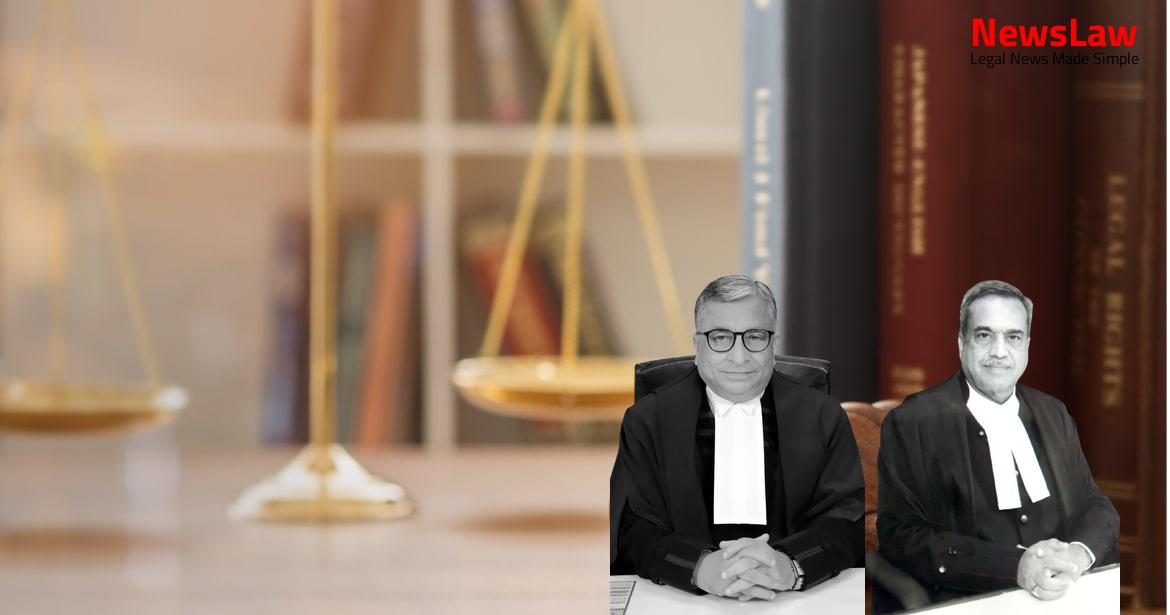The present appeal is directed against the Judgment and Order dated 21.09.2022 (hereinafter referred to as the “Impugned Judgment”) rendered by a learned Single Bench of the High Court of Madhya Pradesh at Jabalpur (hereinafter referred to as the “High Court”) in MCRC No 43998 of 2022, in which a finding, albeit prima facie, of being guilty of dereliction of duty against the appellant has been recorded. The Appellant was an Inspector of Sleemanabad Police Station, Katni where FIR No 424 of 2021 dated 18.07.2021 was registered against the accused therein, one Shiv Kumar Kushwah (hereinafter referred to as the “accused”) under Sections 376 & 506 of the Indian Penal Code, 1860 (hereinafter referred to as the “IPC”), Sections 3 and 4 of the Protection of Children from Sexual Offences Act, 2012 (hereinafter referred to as the “POCSO Act”), Sections 3(1)(W)(ii) and 3(2)(V) of the Scheduled Castes and the Scheduled Tribes (Prevention of Atrocities) Act, 1989 and Sections 67 and 67A of the Information Technology Act, 2000.
Also Read: https://newslaw.in/case-type/criminal/bail-application-decision-co-accuseds-surrender-not-relevant/
The Superintendent of Police, Katni stated that the FSL report was forwarded to the appellant along with communication dated 5 27.10.2021, with a note that DNA examination as per guidelines be carried out.
In support of his contention, learned counsel referred to and relied upon the decisions of this Court in Sangitaben Shaileshbhai Datanta v State of Gujarat, (2019) 14 SCC 522 and State Represented by Inspector of Police v M Murugesan, (2020) 15 SCC 251.
Per contra, learned counsel for the State submitted that the appellant had, clearly, exhibited insubordination, incompetence and, dereliction of duty in an important matter and thus, in any way, was liable to be proceeded against. We have 8 no hesitation in stating that had the Impugned Judgment been rendered by a Court of Session, the factors that would have weighed with us would be starkly different.
The powers under Articles 226 and 227 of the Constitution are meant for taking care of situations where the High Court feels that some direction(s)/order(s) are required in the interest of justice. Returning to the present case, though usually the proper course of action of the High Court ought to have been to confine itself to the acceptance/rejection of the prayer for bail made by the accused under Section 439 of the Code; however the High Court, being satisfied that there were, in its opinion, grave lapses on the part of the police/investigative machinery, which may have fatal consequences on the justice delivery system, could not have simply shut its eyes.
Thereafter, the matter should have been referred to the 10 learned Chief Justice of the High Court for placing it before an appropriate Bench, which would proceed in accordance with law, of course, after affording adequate opportunity to the person(s) proceeded against. In Sangitaben Shaileshbhai Datanta ( supra ), the Court took note of the fact that in the case involving rape of a minor, the High Court ordering the accused and the appellant therein, who was the grandmother of the victim along with parents of the victim to undergo scientific tests viz.
In the present case, on the date of passing of the Impugned Judgment, the bail application was still at large, and had not yet been decided one way or the other. On a closer scrutiny of the judgment impugned, it is clear that the Superintendent of Police, Katni, while appearing in person on 21.09.2022 had submitted that he had already line-attached the appellant vide an order dated 20.09.2022 and was initiating enquiry for imposition of major penalty. A combined reading of the afore-extracted snippets makes it crystal clear that the Superintendent of Police, Katni, who was the officer superior to the appellant, himself had stated that he would take action against the appellant and was initiating enquiry for imposition of major penalty, which statement was a suo 15 motu act and not upon or flowing from any direction of the Court.
Therefore, there was no occasion for the High Court to further observe for action against the appellant to be taken, as already, the Superintendent of Police, Katni had taken a decision to initiate enquiry against the appellant for imposition of major penalty. It is therefore, essential that every State should put in place a procedural mechanism which would ensure that the cause of justice is served, which would simultaneously ensure the safeguard of interest of those who are innocent. The Home Department of every State Government will incorporate in its existing training programmes for junior investigation /prosecution
Also Read: https://newslaw.in/case-type/civil/application-of-code-of-civil-procedure-in-small-causes-court/
officials course-content drawn from the above consideration.
Case Title: SANJAY DUBEY Vs. THE STATE OF MADHYA PRADESH (2023 INSC 519)
Case Number: Crl.A. No.-001466-001466 / 2023



